Sayed v National Disability Insurance Agency (No 4) [2024] FCA 51 (5 February 2024)
Discovery application
The Federal Court decision, delivered on 5 February 2024 by Justice O’Bryan, concerned a procedural application by the Applicant, Mr Sayed (a NDIS participant), for discovery orders in respect of three categories – (a), (b) and (c) – of documents held by the Respondent, the National Disability Insurance Agency (NDIA).
Substantive issue
The substantive issue for the Court to decide was whether the Administrative Appeals Tribunal (AAT) had made an error of law in deciding, on 11 August 2022, to dismiss Mr Sayed’s review application on the grounds that the AAT did not have jurisdiction.
The Member considered the AAT did not have jurisdiction to consider Mr Sayed’s review application because it was about his second (29 July 2022) NDIS plan, which the NDIA had issued following a section 48 (NDIS Act) plan reassessment. As a section 48 decision was not a reviewable decision under section 100(6), the AAT’s jurisdiction under section 103 had not been enlivened. The Member rejected Mr Sayed’s contention that his second plan was made following the NDIA’s internal review, under section 100, of the first plan decision (which would have enlivened the Tribunal’s jurisdiction).
Justice O’ Bryan considered the “jurisdictional fact” (para [25]) for the Court to ultimately decide was whether the NDIA had made Mr Sayed’s second NDIS plan under a section 48 or a section 100 process.
Discovery orders
Mr Sayed was partially successfully in his discovery application.
Justice O’Bryan, applying the discovery tests of “relevance and proportionality” (para [12]), ordered that the NDIA, within 7 days, give discovery of:
- Category (a) – “an un-redacted copy of any document or business record, referring or pertaining to the applicant held in [the NDIA’s] control, since 1st [M]arch 2022.” (para [22])
Justice O’Bryan did not make orders for discovery of category (b) and (c).
- Categories (b) and (c) – “any audit file or records maintained by [the NDIA] concerning the internal process, standard practices, agency guidelines and staff competency and performance standards of the NDIA reviewers and the CEO’s delegates responsible for:
- approving statements of participant’s supports under s 33(2) of the NDIS Act; and
- decision making in relation to varying and replacing participant’s plans under ss 47 to 48 of the NDIS Act.” (para [26])
This was because Justice O’Bryan concluded that the category (b) and (c) documents were “impermissibly broad” (para [24]) and not directed to the jurisdictional fact issue before the Court. In respect of the category (a) documents, “it [was] appropriate to make an order for discovery to ensure that all documents bearing on that question are before the Court” (para [24]).
Enforceability of right to internal review
Justice O’Bryan made the following observation about the right to internal (section 100) review and its enforceability by the Federal Court (at para [29]):
Underlying Mr Sayed’s application for discovery of these categories of documents appears to be a concern that the NDIA is actively seeking to frustrate his rights of review of the statement of participant supports in his participant’s plan. Mr Sayed is seeking that the Court investigate the NDIA’s conduct in that regard. Whether or not there is any substance in Mr Sayed’s concern, the present proceeding does not, and cannot, raise that question for determination. This proceeding concerns the correctness of the Tribunal’s decision of 11 August 2022, not the conduct of the NDIA more broadly. It should be noted for completeness, though, that s 100(2) confers on a participant a right to seek a review of a decision made under s 33(2) to approve the statement of participant supports in the participant’s plan. The right to have that review conducted is a statutory right that is enforceable in the Court. However, that is not the subject of the present proceeding.





